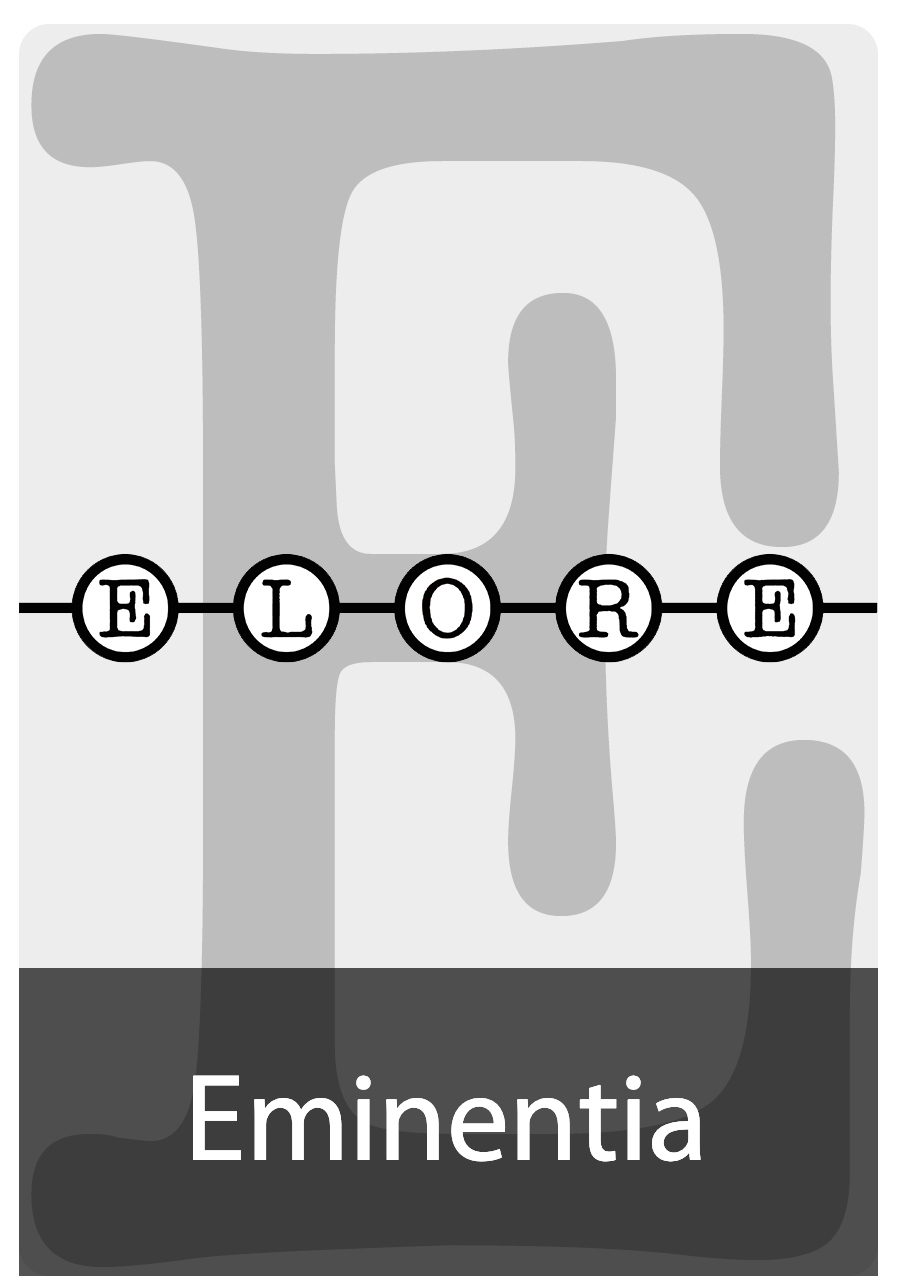Forskning som förstärker stereotypisering. En kritisk diskussion om forskningsetik i Riie Heikkiläs avhandling Bättre folk, bättre smak?
DOI:
https://doi.org/10.30666/elore.79017Abstract
The point de départ of sociologist Riie Heikkilä in her thesis Bättre folk, bättre smak? Suomenruotsalaisten maku ja kulttuuripääoma (Better People, Better Taste? Questions of Taste and Cultural Capital among the Finland-Swedes) (2011), and especially in one of her articles in the thesis, entitled ”’It is not a Matter of Taste…’: Cultural Capital and Taste among the Swedish-speaking Upper Class in Finland”, has been that the FinlandSwedes are a somewhat special minority, since they have quite extensive linguistic rights, guaranteed by the country’s constitution, and also because of what Heikkilä describes as the general picture of the Finland-Swedes representing a more legitimate or better life style and taste than Finnish-speaking Finns. Heikkilä’s research is paradoxical in the way it transposes the research into the fields of myth and stereotypes concerning the Finland-Swedes, but instead of deconstructing the mechanisms leading up to myths and stereotyping processes, the research in itself is paradoxically prone to enhance the stereotyping effect. The author has identified the problems in both the preconception and the execution of her research as a question of the positioning of the researcher in conjunction with the research object and also one concerning the usefulness of the theory of habitus and cultural capital in this case. Many of the generalisations Heikkilä is making about the Finland-Swedes seem to be based on lack of knowledge about the group in question. As the author has been able to show, her conclusions, in several instances, lack scientific proof.Downloads
Published
How to Cite
Issue
Section
License
The journal follows Diamond Open Access publishing model: the journal does not charge authors and published texts are immediately available on the Journal.fi service for scientific journals. By submitting an article for publication on Elore, the author agrees, as of September 2024, that the work will be published under a CC BY 4.0 licence. Under the licence, others may copy, transmit, distribute and display the copyrighted work and any modified versions of the work based on it only if they attribute the licence, the original publication (link or reference) and the author as the original author. Any modifications made must be acknowledged.
Copyright of the texts remains with the authors, and self-archiving (Green OA) of the published version is allowed. This also applies to texts published before September 2024. The Green OA publication must include Elore's publication details.
The metadata for published articles is licensed under Creative Commons CC0 1.0 Universal.





